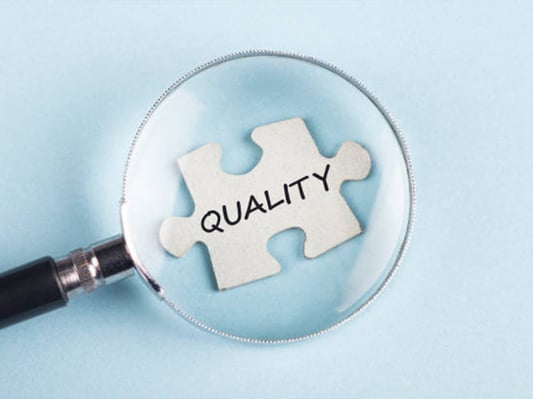The Rise of Alibaba: A Global E-Commerce GiantAlibaba, founded in 1999 by Jack Ma, has become one of the world's largest e-commerce companies, revolutionizing the way business is conducted both in China and internationally. With its various platforms, such as Taobao and Tmall, Alibaba has connected buyers and sellers on an unprecedented scale, making it a powerhouse in the global market.The Antitrust Investigation: An Escalating ControversyIn recent years, Alibaba has been at the center of a growing controversy surrounding its business practices, particularly in relation to antitrust issues. It all started in December 2020 when the Chinese government launched an investigation into Alibaba's alleged monopolistic behavior. This move sent shockwaves through the industry and raised concerns about the company's dominance and potential unfair practices.Monopoly Concerns: A Threat to CompetitionOne of the main concerns surrounding Alibaba is its alleged monopoly power in the Chinese e-commerce market. Critics argue that the company's dominant position stifles competition, making it difficult for smaller businesses to thrive. The fear is that Alibaba's control over the market could lead to higher prices for consumers and hinder innovation in the industry.Unfair Business Practices: Abuse of Power?Another aspect of the controversy revolves around allegations of unfair business practices by Alibaba. It is claimed that the company engages in practices such as forcing merchants to exclusively sell their products on Alibaba's platforms, imposing unfair fees, and using its vast data resources to gain an unfair advantage over competitors. These allegations raise questions about the ethics of Alibaba's business operations.Intellectual Property Infringement: Protecting InnovationAlibaba has also faced criticism for its alleged failure to adequately address intellectual property infringement on its platforms. Despite efforts to combat counterfeits, many counterfeit products still find their way onto Alibaba's websites, posing a threat to legitimate businesses and undermining consumer trust. This issue highlights the importance of robust intellectual property protection in the e-commerce industry.Privacy Concerns: Data Security in the Digital AgeWith its vast amount of user data, Alibaba has access to a wealth of personal and sensitive information. This has raised concerns about data security and privacy. Critics argue that Alibaba's data collection and handling practices may not adequately protect user privacy, potentially exposing individuals to data breaches and unauthorized use of their personal information.Government Scrutiny: Regulatory InterventionIn response to the controversies surrounding Alibaba, the Chinese government has taken steps to tighten regulations and increase oversight of the company. This includes the introduction of new antitrust laws and the imposition of fines on Alibaba for anticompetitive behavior. The government's intervention reflects a growing recognition of the need to balance economic growth with fair competition and consumer protection.International Impact: A Global PerspectiveThe Alibaba controversy extends beyond China, as the company's global presence has raised concerns worldwide. International regulators and policymakers are closely watching the developments surrounding Alibaba, as they seek to understand the implications for their own markets and consider potential actions to ensure fair competition and protect consumers.The Future of Alibaba: Navigating the ControversyAs Alibaba continues to navigate the controversy, the company faces significant challenges in rebuilding trust, addressing antitrust concerns, and improving its business practices. How Alibaba adapts and responds to these challenges will shape its future and determine its standing in the global e-commerce landscape.The Importance of Fair Competition and Consumer ProtectionThe Alibaba controversy serves as a crucial reminder of the importance of fair competition and consumer protection in the rapidly evolving e-commerce industry. It highlights the need for robust regulations that promote a level playing field, protect intellectual property rights, safeguard data privacy, and ensure the best interests of consumers are upheld.Quote InquiryContact us










